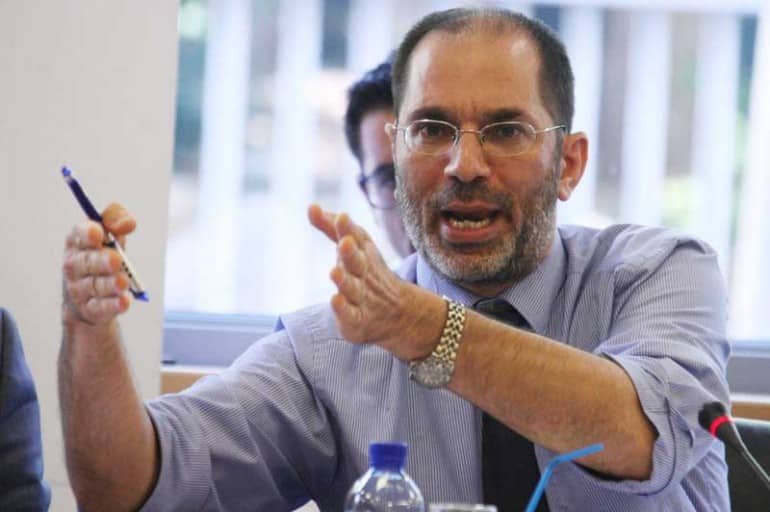Auditor-general Odysseas Michaelides on Wednesday described a planned separation of his powers set out by President Nikos Christodoulides as “legally impossible”.
In a post on X, he said the Audit Office “will oppose any attempt to interfere with its work with the means provided by the Constitution”.
“This matter is primarily institutional and concerns the protection of the Audit Office,” he added.
He then retorted, “my question remains that, out of so many collaborators with the president, not one can be found to advise him that what he is announcing is legally impossible to achieve.”
Outlining the legal context which he says would render the plans impossible, he spoke of how the 27 points agreed upon in Zurich in 1959 regarding the establishment of the Republic of Cyprus by Greek Prime minister Kostas Karamanlis and his Turkish counterpart Adnan Menderes had set out the role of the attorney-general, among others.
This agreement, he said, had manifested itself in “fundamental articles of the Constitution”, set out in Article 182, which says the 27 points in that agreement “cannot, in any way, be modified by alteration, addition, or deletion”.
In addition to this, Michaelides said, the current form of Cyprus’ audit service “is optimal and is followed globally and in the EU by most countries”.
“No international organisation has ever proposed such a change as announced by the government.”
Christodoulides had said on Tuesday night that institutional reform is one of the “components of the government’s political philosophy”, and that he planned to proceed with reforms to both the Audit Office and the Legal Service.
He said he was “the first to show an example” of institutional reform when he established the Advisory Council, which was, he said, “in a sense granted powers which were exclusively held by the president.”
“We will do the same with all the institutions, including the Legal Service and the Audit Office,” he said, adding that these reforms will “take place in a specific period of time”.
“We are discussing the matter internally, I have spoken with external partners and with lawyers,” he said, adding that other European Union member states can provide examples for Cyprus to follow.
Reforms to the Legal Service and the role of the attorney-general are, he said, “in their final processing stage”, with plans afoot for consultations with political party leaders regarding the matter, before the eventual submission of a bill to parliament.
Parliament has seemed receptive to the idea, too, with the House ethics committee last week discussing the idea following the publication of the European Commission’s report into the rule of law in Cyprus.
Committee chairman and Disy MP Demetris Demetriou said: “I think it’s time, after 64 years, to have a serious look at this issue.”
Additionally, Akel MP Irene Charalambidou had said it is “unthinkable for the attorney-general to be able to make decisions, to suspend criminal prosecutions, without giving reasons,” and added that the general public does not feel that justice is being served.







Click here to change your cookie preferences